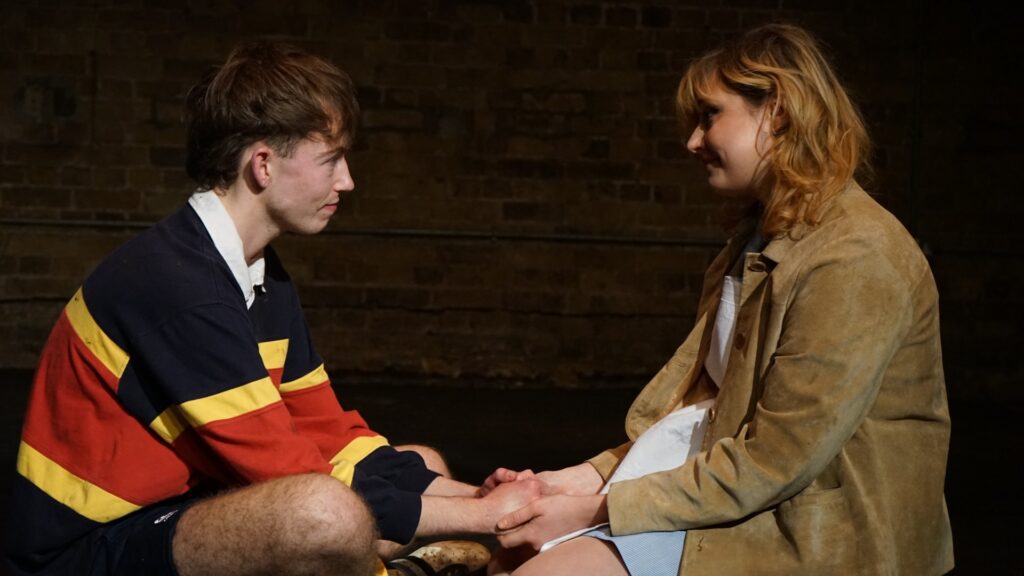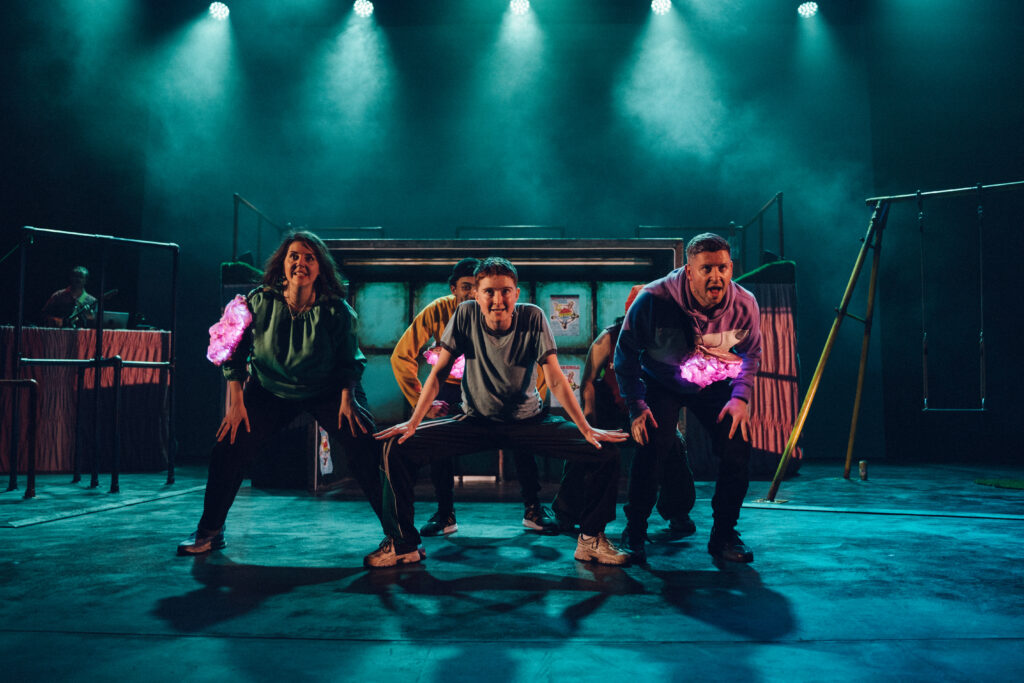Dylan Moore meets Glenn Edwards to discover more about The Eye, a festival putting Aberystwyth on the world map for meaningful documentary photography
‘Fantastically crafted, patient; waiting for that cloud to drift, for the sun to be in the right place. Two or three days spent on one picture because he knows it will be right.’ Glenn Edwards’ voice is hushed and thick with passion, and he’s not even talking about the kind of photography that he has spent his working life engaged in. For Edwards personally, it’s not the long game of landscape or wildlife photography, but the cut and thrust of the split second; he has spent half a lifetime documenting events and environments, historical events and everyday life. He is, he admits, a traditionalist, trained at the famous centre of excellence in what was the Gwent College of Higher Education in Newport.
‘We live in a world of fashion,’ says Edwards, ‘and photography is as prone to fashion as anything else. We’re going through a phase of photography which is very highbrow: photographs for photographers rather than photographs for people to understand.’ It is for the tradition of documentary photography – communicating information about society, telling a story – that Edwards has set up The Eye, a biennial festival of photography that returns this autumn to Aberystwyth Arts Centre.
The idea had its genesis in conversations between Edwards, who had been doing some work as official photographer for the International Festival of Ceramics and Alan Hewson, the centre’s then director. ‘The ceramics festival was short and sharp, happened over a single weekend, and brought the best practitioners to Wales,’ says Edwards. ‘I thought it offered the perfect template for a photography festival.’ From the beginning, he was adamant that ‘if we’re going to do it, it has to be the world’s best photographers.’
‘Wales can be quite insular,’ Edwards explains. ‘What I wanted to do was broaden it. It’s not just about Welsh photographers; it’s about bringing the very best to Wales. That’s what’s exciting: we can put on something that is of a world standard – in Aberystwyth.’
For the inaugural festival, in 2012, Edwards pulled in some favours, drawing on his contacts list built up over a long career in documentary photography mainly spent working in Africa. He and the Italian photographer Marco Longari had been tear-gassed together in Zanzibar; Edwards had interviewed Llanelli-born John Downing, seven times British Press Photographer of the Year, for a radio programme. Both agreed to come to Aberystwyth to talk about their work. They were joined by former Guardian Picture Editor Eamonn McCabe, amongst others, and the planned weekend of talks, conversations and exhibitions was a great success.
In 2014, Edwards worked hard to broaden the festival’s appeal. ‘There’s not just one target audience for it,’ he explains. ‘There’s a mix: professional photographers, amateurs, members of the Camera Club, people who are just interested.’ In a bid to attract the local student population, Edwards invited Magnum photographer Ian Berry – ‘up there with anyone in the world’ – as well as younger photographers like Laura Pannack and Justin Maxon, but had to compete with Glastonbury and the World Cup for attention.
This year, The Eye has moved to university term time. Spread over a weekend at the beginning of October, this year’s festival promises appearances from the globetrotting British photographer Nick Danziger, who has spent much of the last 25 years photographing the world’s disadvantaged and dispossessed, and Jill Furmanovsky, the rock music photographer who has worked with everybody, from Bob Dylan and Bob Marley to Oasis. The opening Friday evening slot that has been filled at the festival’s previous two incarnations by David Hurn is occupied this year by Welsh collective A Fine Beginning, who head up a number of appearances by Welsh photographers who are making a name for themselves internationally, including Bologna-based Rhodri Jones and Thomson Reuters’ Rebecca Naden. In addition to talks, there will be hands-on workshops, ‘crits’ where punters can sit down with a photographer to have their work assessed, four exhibitions and a cinema.
It helps that Aberystwyth has what Edwards calls ‘probably the best gallery facilities in Wales’ – and the National Library, where guests will be able to don white gloves to handle the originals of some very famous photos. Edwards is determined to keep the festival in its intimate surroundings on the west Wales coast, resisting calls for it to decamp to Cardiff. ‘If you look at the best photography festivals in Europe – at Arles or Perpignan in France – they work because of their small, slightly quirky locations.’
Glenn Edwards is equally clear about the future of The Eye. Like his photographs, the ethos is clear and focused. He quotes his mentor David Hurn: ‘Everybody in the world can take good pictures, but not everybody can take good pictures every time.’ What The Eye presents is a vision of photography as communication, as information. ‘Sometimes I go to exhibitions and I look and think, what is this telling me? I don’t know what it is. And I read the blurb and that doesn’t tell me either,’ says Edwards. In contrast, The Eye will be full of people who are out there telling stories, reporting, communicating life through a lens.
The Eye runs at Aberystwyth Arts Centre from Sept 30 – Oct 2.





